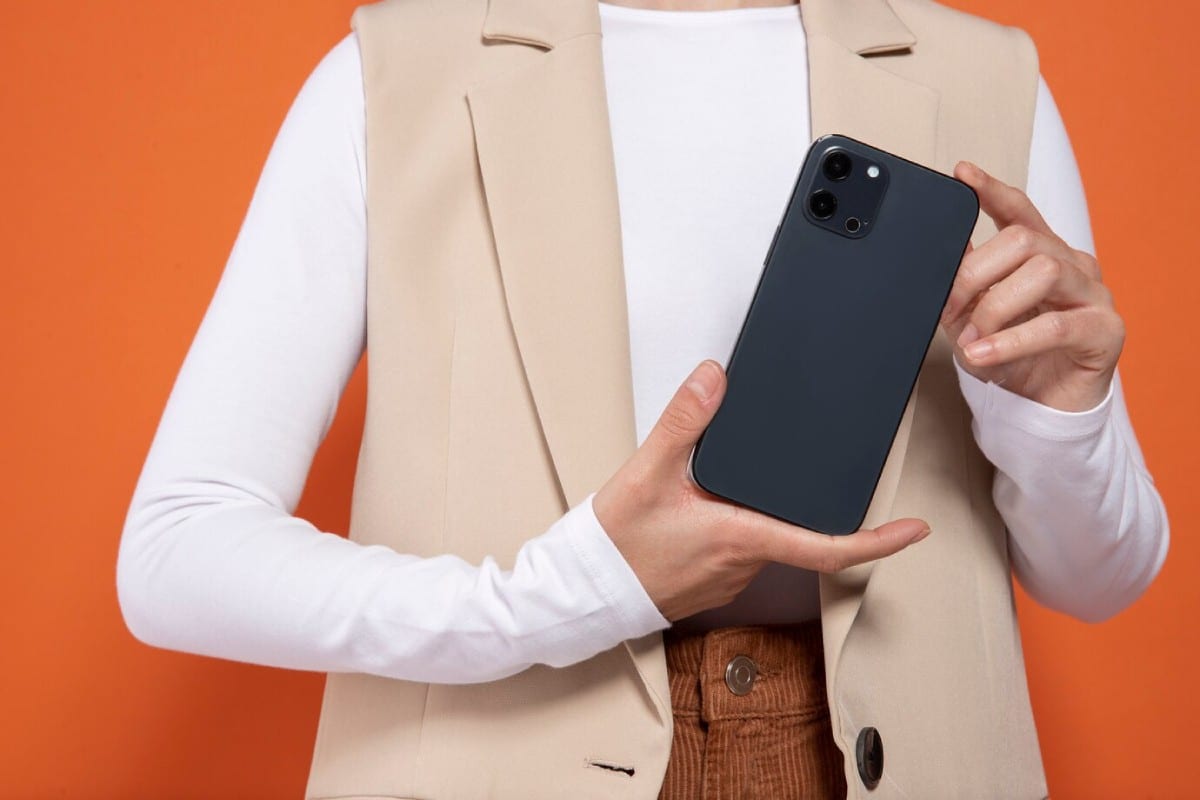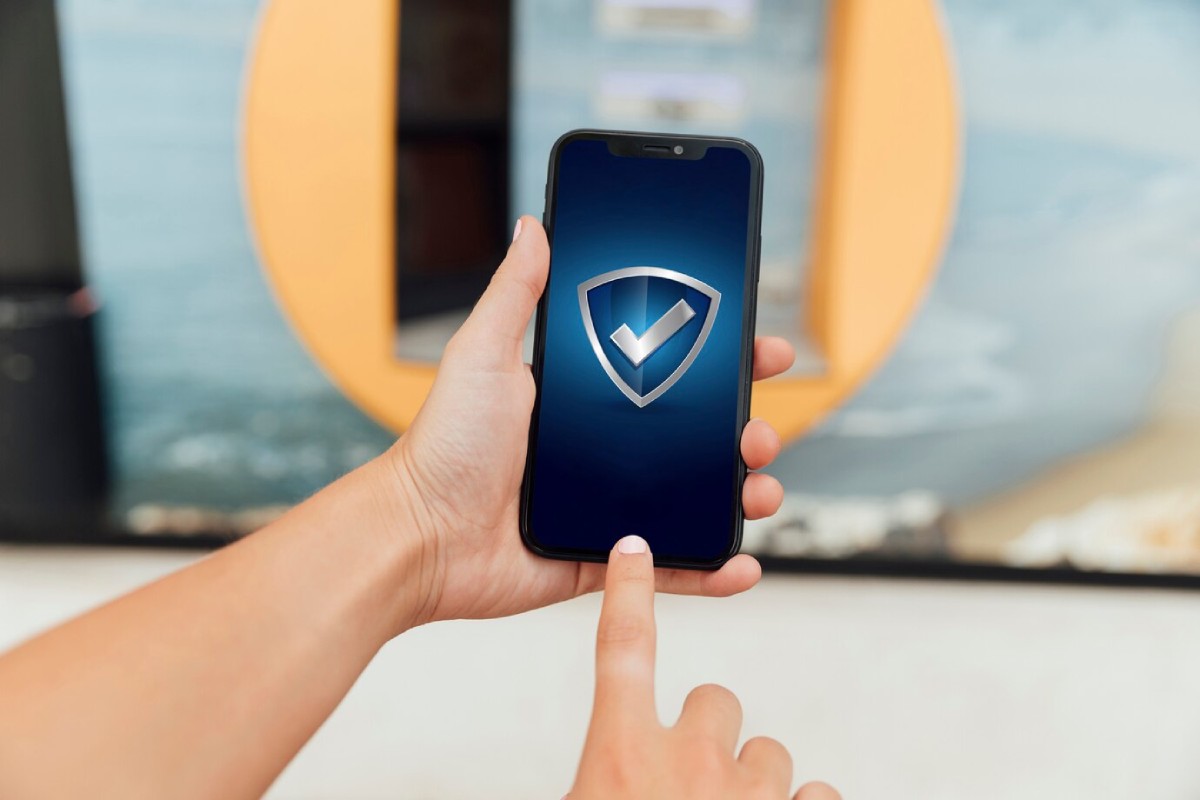
The Role of Brand Loyalty in Smartphone Purchases
Why do some people queue for hours to buy the latest iPhone, even when last year’s model still works perfectly? Why does someone proudly say, “I’m a Samsung person,” like it’s a part of their identity? The answer lies in something deeper than specs, price, or even performance — it’s brand loyalty.
In today’s hyper-competitive smartphone market, where hardware improvements are becoming marginal and prices are rising, smartphone brand loyalty is more powerful — and more profitable — than ever before. But what exactly drives this loyalty? Is it genuine satisfaction, clever marketing, or just habit?
This article explores the psychology behind consumer retention in smartphones, the emotional and practical reasons people stay loyal to their favourite brands, and how companies cultivate that connection. If you’ve ever wondered why people stick with one brand, or if you’ve caught yourself doing the same, this one’s for you.
Understanding Brand Loyalty in the Smartphone Market

What Is Brand Loyalty?
At its core, brand loyalty is when a customer consistently chooses the same brand over others, even when other options may offer more features or better prices. In smartphones, this loyalty translates into:
- Repeat purchases of the same brand
- Positive word-of-mouth or recommendations
- Willingness to forgive mistakes (like bugs or delayed updates)
It’s not just about satisfaction. It’s about emotional connection, trust, and habit.
Why Brand Loyalty Matters — For Both Consumers and Brands

For Consumers
- Familiarity: Once you’ve used a phone with a particular interface (say, iOS or One UI), switching can feel like starting from scratch.
- Ecosystem comfort: If you own an iPhone, an Apple Watch, and a MacBook, switching to Android might disrupt your daily routine.
- Perceived reliability: Loyalty often stems from years of positive experiences, fewer bugs, good battery life, or helpful support.
For Brands
Loyal customers are less price-sensitive, easier to retain, and more likely to promote. According to Bain & Company, a 5% increase in customer retention can boost profits by 25–95%, and in the smartphone market, that can mean billions.
The Psychology Behind Smartphone Brand Loyalty
1. Emotional Attachment
Smartphones are deeply personal devices. We use them for work, leisure, connection, and even health. That intimacy creates a bond, and brands that deliver consistently positive experiences earn our trust.
Example: Sarah, a 34-year-old content creator, has used iPhones for a decade. “I trust it to never crash mid-video, and I feel comfortable with the way everything works,” she says.
2. The Power of Ecosystems
Apple, Samsung, Google — all of them offer more than phones. They provide ecosystems:
- Apple: iCloud, AirDrop, Handoff, FaceTime, Apple Watch, HomeKit
- Samsung: SmartThings, DeX, Galaxy Buds, Tab and Watch integration
- Google: Google One, Pixel Buds, Android Auto, Chromebook sync
Once you’re in the ecosystem, leaving can feel like abandoning convenience and starting over.
How Brands Build and Maintain Loyalty

1. Seamless User Experience
User experience (UX) is everything. Brands invest heavily in making their interfaces intuitive, fluid, and familiar.
- Apple’s iOS is known for consistency
- Samsung’s One UI balances customisation and usability
- Google’s Pixel experience offers minimalism with smart AI perks
When users find a system that “just works,” they’re unlikely to stray.
2. Regular Updates and Support
Nothing builds trust like ongoing support. That’s why brands like Apple and Google now offer:
- 4–6 years of OS updates
- Security patches
- Bug fixes and feature improvements
Samsung, too, has stepped up, offering four years of updates even on some mid-range devices.
3. Loyalty Programmes and Perks
Some brands reward long-term users with:
- Trade-in offers
- Early access to products
- Exclusive discounts
- Bundled services (like cloud storage or music subscriptions)
These perks not only incentivise retention, they reinforce brand value.
Real-World Stories: Loyalty in Action
Tom’s Story: The Apple Loyalist
Tom, 42, a sales executive in Bristol, has owned seven iPhones in a row. “It’s not about specs. It’s about trust,” he explains. “Apple never gives me surprises — and that’s a good thing.”
His wife uses a MacBook, they both use iCloud Family Sharing, and their home runs on HomeKit. Switching to another brand? “Too much hassle,” he laughs.
Priya’s Journey: Samsung and the Bigger Picture
Priya, 28, a graphic designer, is all about Samsung. “I love the display, the stylus, the multitasking — it’s a creativity hub.” She started with a Galaxy Note 9 and now uses an S24 Ultra.
What keeps her loyal? “They listen to user feedback. And DeX mode means I don’t need a separate laptop on trips.”
When Brand Loyalty Starts to Fade
Even strong loyalty has limits. Here’s what can make users reconsider:
- Price hikes without clear value
- Neglected software support
- Bugs or performance issues
- Overly aggressive marketing
- Better alternatives from rivals
Example: Jack, a long-time OnePlus user, switched to Pixel after feeling that OnePlus had “lost its identity.” “They used to be fast, clean, and affordable. Now they feel like everyone else.”
The Role of Social Influence and Reviews
Influencer Impact
Consumers today are more informed — and influenced — than ever.
- YouTube reviews
- Tech TikTok breakdowns
- Reddit threads and Twitter rants
These shape perception. A bad review from a trusted source can plant doubt, even in loyal users.
Peer Recommendations
We trust our friends and family. If everyone around you uses Samsung, odds are you’ll consider it. This “social proof” reinforces brand preference or creates curiosity about alternatives.
Generational Differences in Brand Loyalty
Gen Z
- Less brand loyal
- More driven by value, sustainability, and features
- Willing to switch if the brand stops aligning with their lifestyle
Millennials
- Some loyalty, especially if they’ve invested in an ecosystem
- Responsive to innovation and performance
Gen X and Boomers
- Higher brand loyalty
- Tend to stick with what works
- Often view tech as a tool, not a status symbol
Brand Loyalty in Emerging Markets
In countries like India, Nigeria, and Brazil:
- Xiaomi, Realme, and Tecno have built loyalty through affordability and local features
- Customer service, availability, and language support are key loyalty drivers
- Loyalty here is less about prestige and more about dependability
How to Choose the Right Brand (If You’re on the Fence)
Ask yourself:
- Do you value ecosystem integration or standalone performance?
- Are you likely to use wearables, tablets, or smart home tech?
- How important is long-term software support?
- Do you prioritise camera, gaming, battery, or customisation?
- Is customer service or repairability a concern?
Choosing based on needs, rather than trend or habit, can help you break free from unhelpful loyalty — or confirm that you’re exactly where you need to be.
Conclusion: Loyalty Is Earned, Not Inherited
Brand loyalty in smartphones isn’t irrational—it’s deeply personal. It’s rooted in consistency, experience, trust, and value, but it’s also evolving.
Today’s consumers are more informed, empowered, and willing to switch brands if they stop delivering. And that’s a good thing. It pushes companies to do better, think user-first, and innovate responsibly.
So, whether you’re loyal to Apple, Samsung, Pixel, Xiaomi, or a less mainstream brand, make sure your loyalty serves your lifestyle. If it does, you’re winning. If it doesn’t, maybe it’s time to reconsider.


